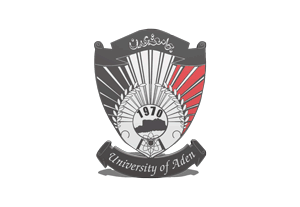BRAIN TUMOR CLASSIFICATION USING A HYBRID DEEP LEARNING MODEL: LEVERAGING DENSENET121 AND INCEPTIONV2 ARCHITECTURES
DOI:
https://doi.org/10.47372/ejua-ba.2024.4.402Keywords:
Brain tumor classification, Deep learning model, DenseNet121Abstract
Brain tumors represent one of the most severe forms of cancer, posing significant challenges due to their complex nature and critical location. Accurate and early diagnosis is crucial for effective treatment and improved patient outcomes. In this study, we propose a novel hybrid deep learning model that combines the strengths of DenseNet121 and InceptionV2 architectures to enhance brain tumor classification accuracy. The Figshare Brain Tumor Dataset, comprising 3,064 T1-weighted contrast-enhanced MRI images from 233 patients, is utilized to train and evaluate the proposed model. The dataset includes three primary tumor classes: glioma, meningioma, and pituitary tumors. Preprocessing steps such as normalization, resizing, and data augmentation are applied to ensure data consistency and enhance the model’s robustness. The DenseNet121 component of the hybrid model facilitates efficient feature reuse through densely connected layers, while the InceptionV2 component captures multi-scale contextual information via parallel convolutional layers. This combination allows the model to leverage detailed and high-level features, improving classification performance. The proposed hybrid model is evaluated using standard metrics, demonstrating significant improvements in accuracy, robustness, and generalization compared to single architecture models. This study highlights the potential of hybrid deep learning models in advancing brain tumor classification, offering a promising direction for future research and clinical applications.
Downloads
Downloads
Published
How to Cite
Issue
Section
License

This work is licensed under a Creative Commons Attribution-NonCommercial 4.0 International License.










